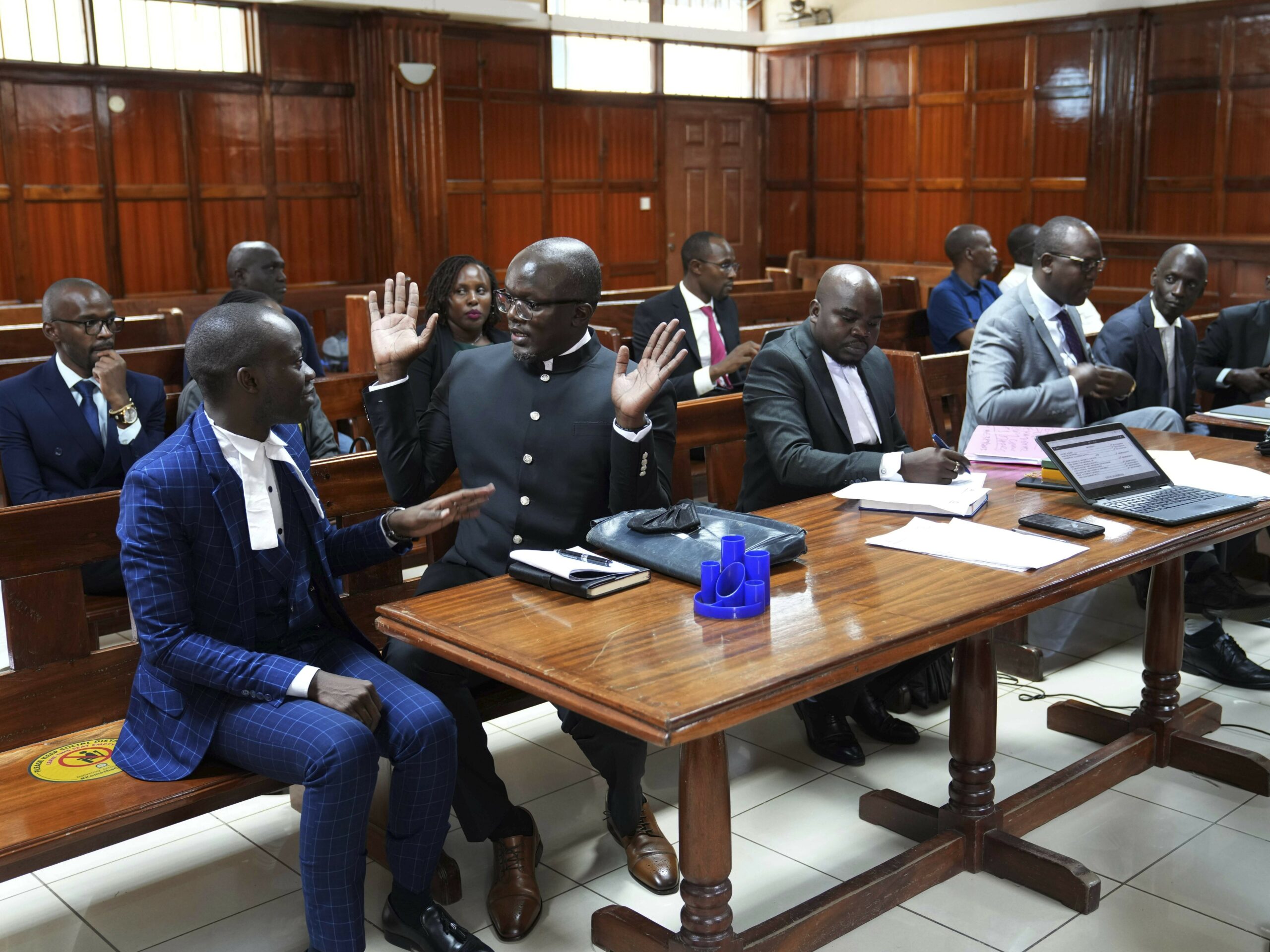
Radio stations in Haiti were inundated with calls from concerned citizens following a Kenyan court’s decision to block the deployment of a United Nations-backed police force intended to combat the escalating gang violence in Haiti. The court’s ruling has heightened uncertainty and fear in Haiti, where gangs are increasingly exerting control over the capital, Port-au-Prince, and surrounding areas.
According to an Associated Press report, the situation in Haiti is dire, with gangs dominating around 80% of the capital. Recent weeks have seen these gangs expand their reach, seizing control in previously peaceful communities, resulting in a significant number of deaths and injuries. This has sparked widespread fear that gangs might soon take over all of Port-au-Prince.
UN statistics show a worrying trend in Haiti, with nearly 4,500 people reported killed last year, more than double the previous year’s figure. Additionally, reported kidnappings surged by over 80% to nearly 2,500 cases.
The Haitian National Police force is facing a crisis, losing officers at an alarming rate while those remaining are overwhelmed by gang activities. More than 1,600 officers left the force in the last year, and 48 were killed. Equipment provided by the international community to support the underfunded police department has been significantly damaged in anti-gang operations.
Public frustration is evident, as expressed by Pastor Malory Laurent on Radio Caraibes, reflecting the sentiment that the situation in Haiti is becoming increasingly hopeless.
Kenya’s government has announced plans to appeal the court ruling, but it’s uncertain how long this process might take. It’s also unclear if other countries that pledged support for the multinational mission, including the Bahamas, Jamaica, Belize, Burundi, Chad, and Senegal, will proceed independently.
Guyana’s Foreign Minister Hugh Todd mentioned that the trade bloc is likely to convene soon to discuss the implications of the ruling, awaiting further developments from Jamaica. UN officials have yet to comment on the court’s decision.
Former Haitian diplomat Edwin Paraison expressed hope that international leaders have a contingency plan. However, he also suggested that the ruling could be an opportunity for Haiti to implement its own solutions to the gang crisis, asserting that the nation possesses sufficient resources to tackle the problem.



 and then
and then